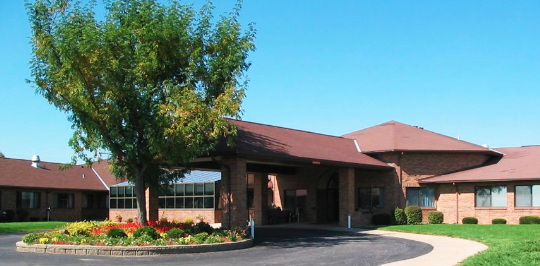Medicare Plan F Complications
Dad received an unexpected “Christmas present” this year; an unexpected bill from the hospital. Several months ago, Dad had chest pains and went to the hospital through the emergency room. He has a number of other conditions so they kept him for several days. He was then released to come home, but now he is asking me about a hospital bill he is receiving, but I thought everything was to be covered. Life today is active, especially for women aged 45 — 56 who care for both their parents and children. These people are caught in the “sandwich generation” and these columns are focused on issues affecting you.
Dad has Original Medicare and a Plan F supplement. He thought “Plan F covers everything”. Well, here is what happened and why dad has $563.00 to pay out of pocket. When dad went to ER, the doctor determined dad met the criteria to be medically observed but did not meet the criteria for full inpatient admission. Even though he had been transferred from ER to a hospital room, he was never admitted as an inpatient. Therefore, Medicare paid the expenses as an outpatient; an 80% benefit. His Plan F paid the other 20% of approved charges. However, since he was not a “full admit” (as an inpatient), Medicare viewed the drugs that were given to him that he usually takes at home; as take-home drugs, and they were not covered. If he was an inpatient, they would have been covered. Now, the hospital is billing dad for those drug costs – $563.00.
How can this be known and possibly avoided? After dad was known to be ok, and transferred to a room, ask the hospital staff if he is a full inpatient admission. If he is an “observation admit” ask if he meets Medicare criteria for inpatient admission. If not, what criteria would he need to meet? Be sure to stay on top of this issue and ask again if his condition changes or the longer your loved one is in the hospital. After someone is released the admission status cannot be changed.
Now, dad owes $563.00 in this case, but what if he went from a 3 or 4-day observation bed admission to a skilled nursing home. He would not and could not receive Medicare benefits as a skilled nursing home admission because he had not had a 3-day hospital inpatient admission. (Again, observation days are not considered inpatient days) Being aware of this situation may allow you to change an admission status if the patient’s condition changes. Even if you cannot have the observation status changed, you will at least be aware of this extra cost and this issue may play a role in where dad goes from here.
Helping mom and dad and caring for your children simultaneously is not easy. It is very helpful to discuss and plan for reasonable future events, and a sandwich generationer should guide their parent through these issues and the primary issue of safety while being careful not to take all control away from a parent. Again, it is important to start talking, making suggestions, and guiding early, do not wait for a crisis. If you would like a list of “questions to ask in different aspects of care” see our website and look under the “Patient Advocacy Division”,
We wish you and yours a pleasant and joyful Christmas Holiday Season.





